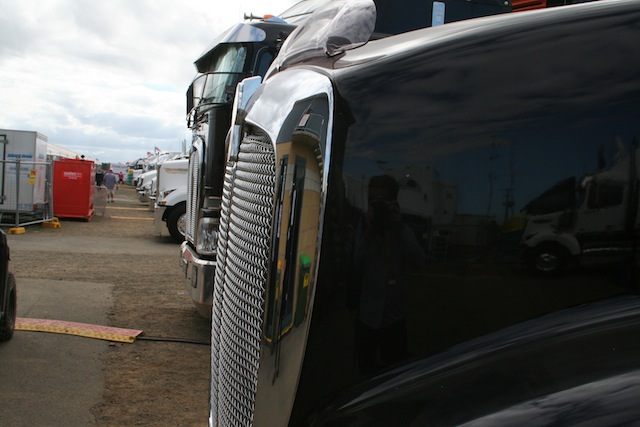Last weekend Uber founder Travis Kalanick told a tech conference in Munich, Germany how his company wants to take 400,000 cars off Europe’s road by the end of the year.
On Monday, the Australian Bureau of Statistics reported the nation’s car sales were at best flat, a trend that’s been apparent for two years and one being repeated around the world as younger adults turn away from automobiles.
The technology that defined the Twentieth Century was the motor car; it reshaped our cities, changed our lifestyles and drove the consumer economy.
Now that economy is changing and the motor car, and consumerism in general, is in decline.
Which leads to the thought of what our communities will look like if the motor car isn’t the defining feature?
A challenge for governments
One obvious answer is we won’t need as many roads and carparks so governments will have to shift their priorities towards public transit and shared car services.
Governments are also faced with voters wanting more services closer to centres as the 1950s model of dad driving an hour to work or the 1970s model of the family driving to the shopping mall are no longer valid. This has serious ramifications for communities were land use has been zoned based upon twentieth century assumptions, not to mention their taxation bases.
That zoning problem has ramifications for property developers as well, it’s possible to argue this is already happening as pressures mount to turn over more inner city areas to high rise buildings.
Redefining retail
For retailers, it means the end of suburban big box stores and more focus on smaller stores with delivery services – a trend we’re already seeing in larger cities.
The finance industry as well is affected by the shift away from personal ownership of cars as automobile loans and leases have been a lucrative business for the last fifty years. If people are no longer fussed about owning a car then then there’s little demand for easy payment plans.
With the motor car not being as important to people, we start to see a society with very different economic underpinnings to that we became used to in the late Twentieth Century. How do you think our communities and businesses will look in a world without cars?

Leave a Reply